GESS SIP Talk Symposium "Science, Technology and Public Policy"
We would like to warmly thank Prof. Ambuj Sagar from the Indian Institute of Technology, Prof. Noelle Selin from the Massachusetts Institute of Technology, and Prof. Joanna Chataway from the University College London for their visit to the ISTP and their interesting and insightful discussion with Prof. Sarah Springman and Prof. Tobias Schmidt about the importance of science and technology in public policy-making.
by Niklas Stolz
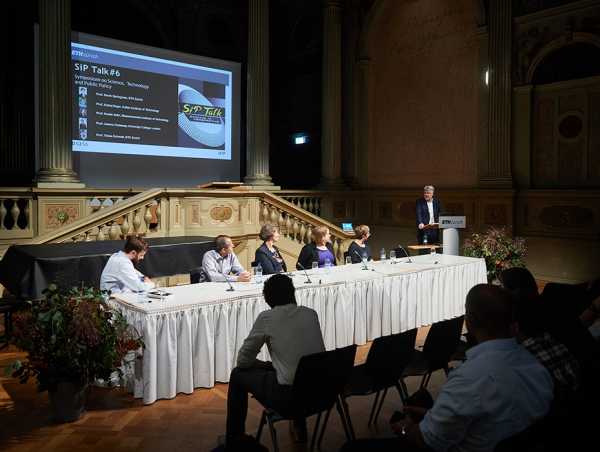 Prof. Thomas Bernauer, Director at ISTP, kicks off the 6th SiP Talk.
Prof. Thomas Bernauer, Director at ISTP, kicks off the 6th SiP Talk.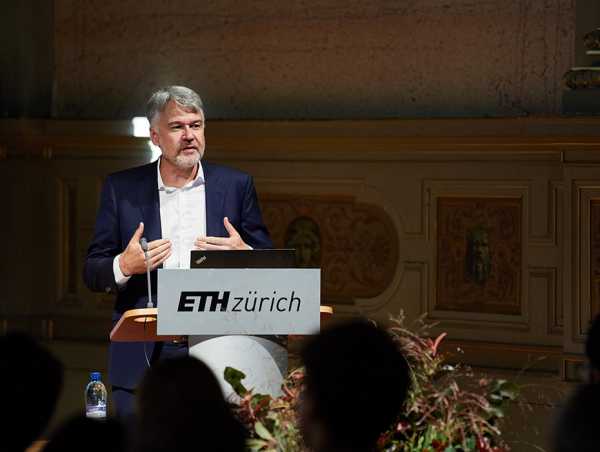 Prof. Ambuj Sagar of the Indian Institute of Technology Delhi
Prof. Ambuj Sagar of the Indian Institute of Technology Delhi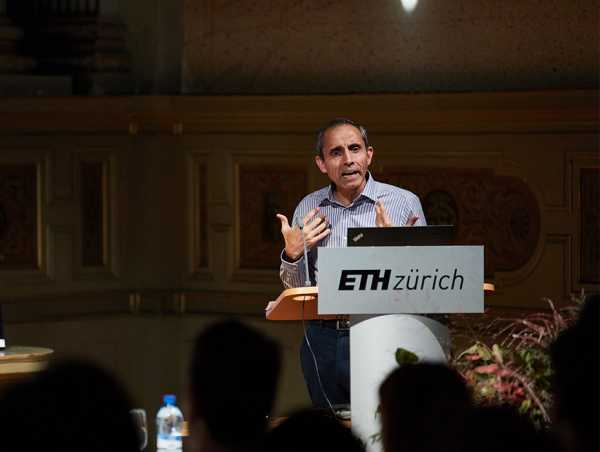 Prof. Noelle Eckley Selin, Director of Technology and Policy Program at MIT.
Prof. Noelle Eckley Selin, Director of Technology and Policy Program at MIT.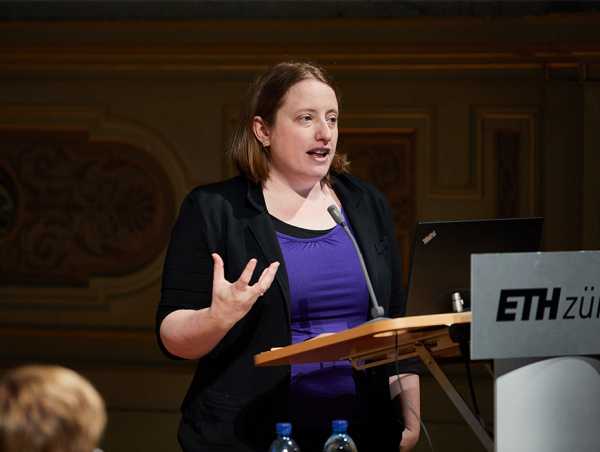 Prof. Joanna Chataway, Head of Department, Science, Technology, Engineering and Public Policy (STEaPP) at UCL.
Prof. Joanna Chataway, Head of Department, Science, Technology, Engineering and Public Policy (STEaPP) at UCL.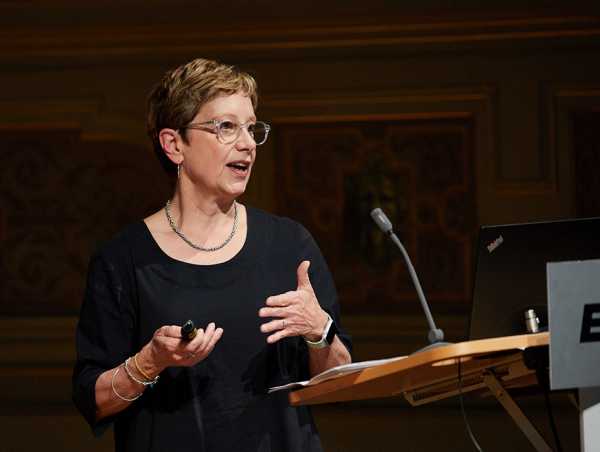 Prof. Sarah Springman, Rector of ETH Zurich.
Prof. Sarah Springman, Rector of ETH Zurich.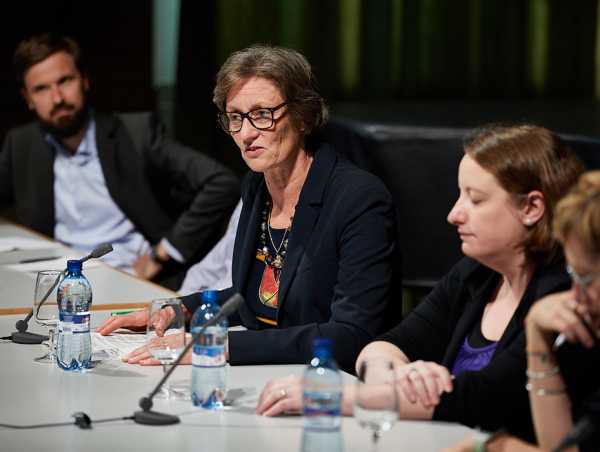 Photo of Tobias Schmidt, Head of Energy Politics Group at ETH Zurich.
Photo of Tobias Schmidt, Head of Energy Politics Group at ETH Zurich.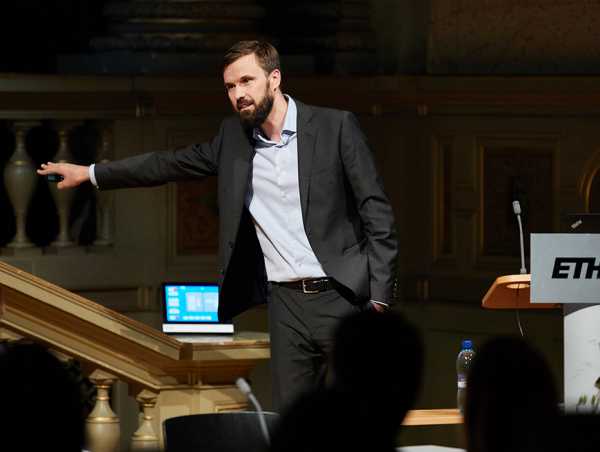
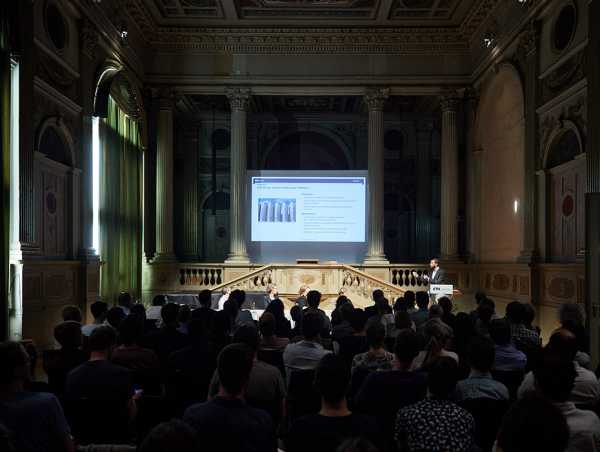
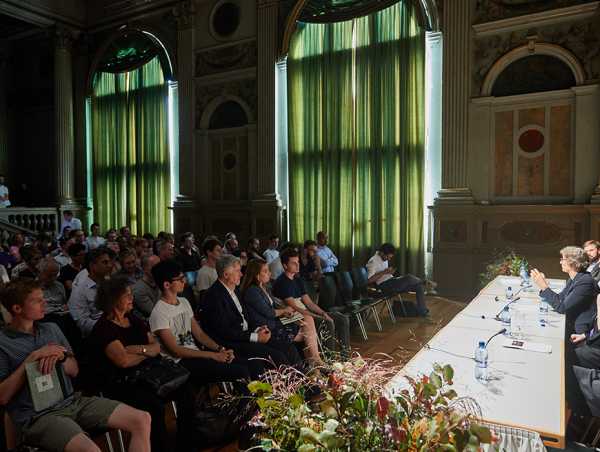
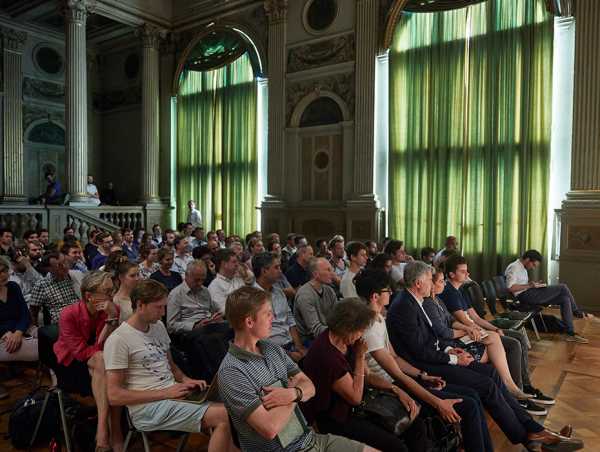
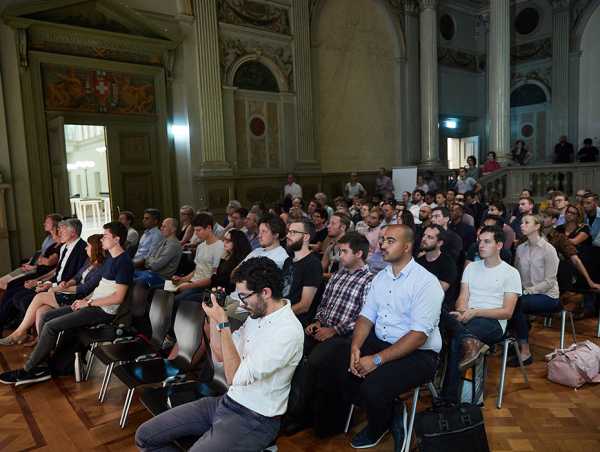
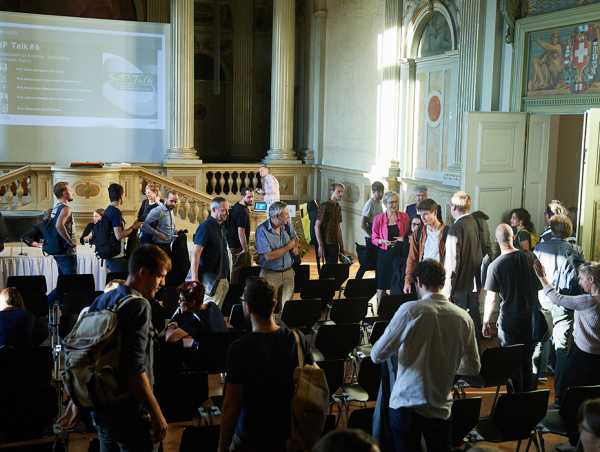
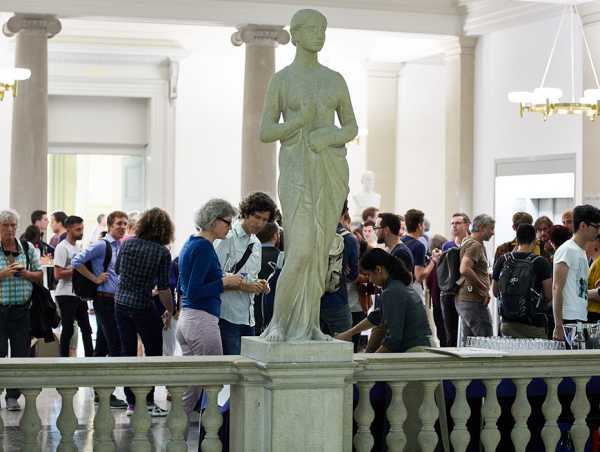
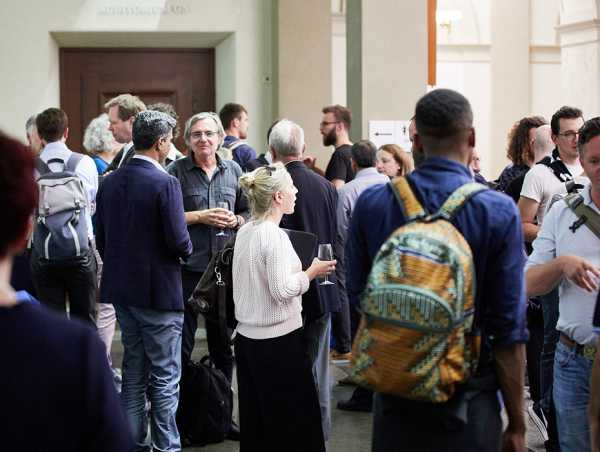
"How can the world’s leading technical universities tackle the most urgent societal problems by focussing on public policy making in the field of science and technology?" This was the key question of the Symposium on Science, Technology and Public Policy that took place at ETH Zurich’s historical Semper Aula on the 17th September. To address this question the respective heads of the departments and study programs on the interface of Science, Technology and Public Policy from some of the best technical universities of the world came together to showcase efforts, successes and challenges that their departments are facing in education and research.
While all departments and study programs have different structures and histories, all speakers stressed that they put emphasis on outstanding multidisciplinary education. As Prof. Thomas Bernauer, director of the Institute of Science, Technology and Policy (ISTP) at ETH Zurich, stated in his introductory words the objective of university programs in science, technology and policy is to help decision makers diagnose problems, designing policy interventions and evaluate effectiveness and efficiency of policies.
The importance of evidence-based policy-making, especially in the field of science and technology, was emphasised by Prof. Sagar, Head of the School of Public Policy at the Indian Institute of Technology Delhi, as societal challenges require well thought through policies. Furthermore, he stated that science and technology could solve many societal issues especially in the fields of energy, health, industrial competitiveness and agriculture when deployed in a well thought through way. According to him, the research on the interface of science, technology and policy also enhances the research of other fields by shifting the attention to new fields of research.
Prof. Noelle Selin, director of the Technology and Policy program at MIT, gave the example of Emil Dimanchev highlighting impact that can be made by such programs. The aforementioned graduate student, who studied the correlation between renewable energy standards and the health of Ohio’s citizens, managed to influence the rollback of the renewable portfolio standards in some states.
In the panel discussion, the issue arose was if departments of engineering schools should position themselves politically and if yes how. Prof. Joanna Chataway, head of the department of Science, Technology, Engineering and Public policy at the University College London explained that, from her point of view, politics is always connected to policy and therefore, high quality research and data are needed to defend policy proposals and analysis. Prof. Selin agreed and added that diversity in the departments and understanding of the social contexts is the key in order to have broad perspectives.
The final question of the evening concerned the involvement of the private sector in the research. All speakers agreed that it is very important to understand the needs of the private sector as the main driver of innovation. Prof. Sagar added that, although the private sector is essential it is important to choose companies to work with carefully, especially when companies’ interest does not align with the need of society.
Finally, we would like to thank all invited guests warmly for their visit as well as for their interesting insights to the institutional science and technology policy efforts and hope to welcome them at ETH Zurich again soon!
To get a broadened sense of the ISTP and our topics of interest and past seminars visit our Colloquium page.